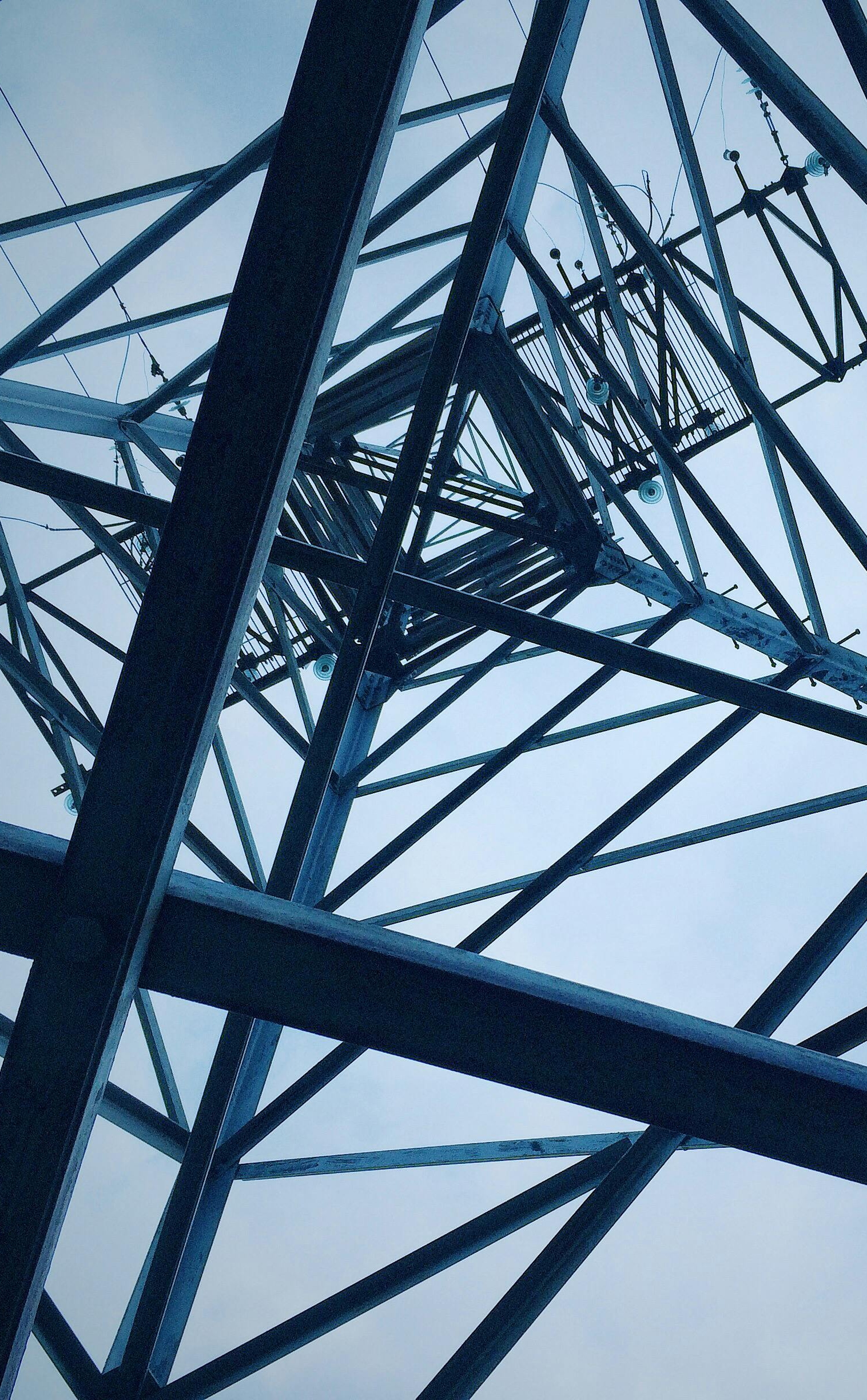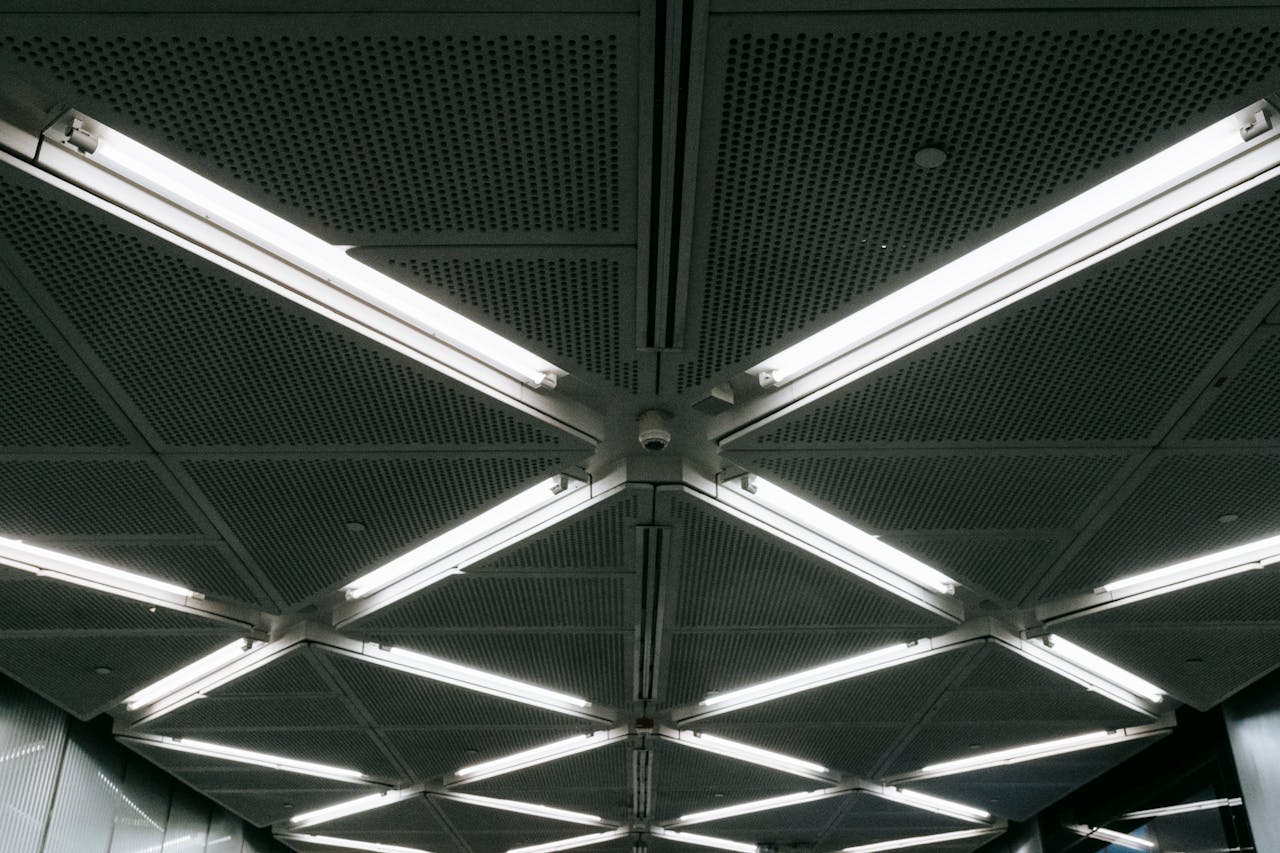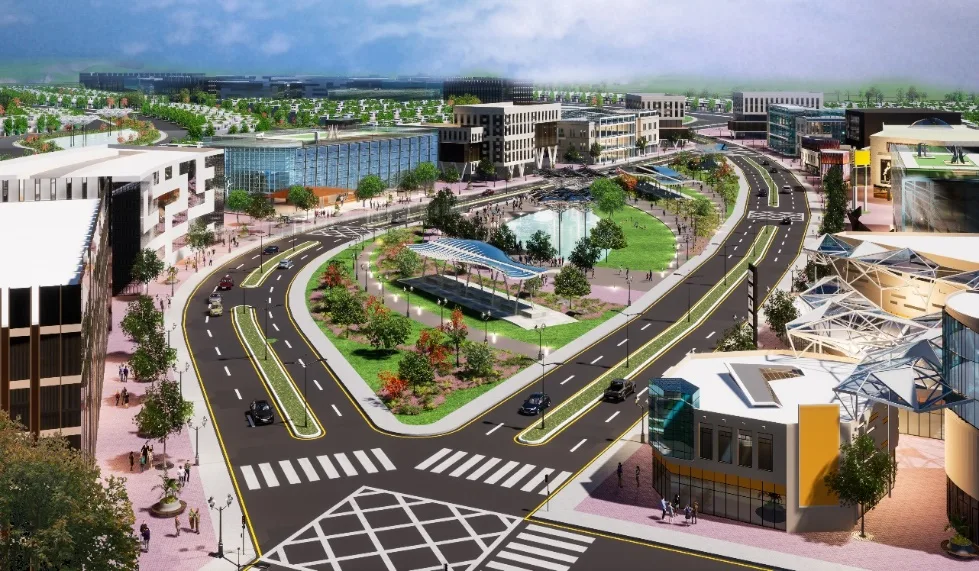At a Glance
- ⚡ What is Electrical Engineering?:
- WIt’s the design and implementation of power, lighting, safety, and automation systems that bring buildings to life.
- 🏙️ Why It Matters in Architecture:
- Electrical engineering ensures modern buildings are safe, efficient, smart, and future-ready from the inside out.
- 🛠️ Meinhardt Pakistan’s Role:
- We deliver integrated, code-compliant, and sustainable electrical solutions for iconic buildings and large-scale developments.
- Reading Time
- 3 – 4 minutes
What is Electrical Engineering, and Why It Matters in Architectural Projects?
When envisioning a new architectural project—be it a towering commercial complex, a luxury residential society, or a smart urban development—one often thinks about aesthetics, layout, and space planning. But beneath the surface of every beautifully designed building is a vital force powering it all: Electrical Engineering.
As a new client partnering with a multi-disciplinary consultancy like Meinhardt Pakistan, understanding the role of electrical engineering can help you appreciate how crucial it is for safety, efficiency, sustainability, and future-ready development.
⚡ What is Electrical Engineering?
Electrical Engineering is a core branch of engineering that deals with the design, development, and maintenance of electrical systems. From powering entire buildings to integrating smart technologies and ensuring reliable backup systems, electrical engineers create the infrastructure that makes modern life possible.
At Meinhardt Pakistan, our Electrical Engineering team works in synergy with architects, civil engineers, and urban planners to deliver seamless, code-compliant, and energy-efficient solutions for all scales of development.
🏙️ Why Electrical Engineering is Crucial in Architectural Projects
- Power Distribution & Load Management
A modern building isn’t just a structure—it’s a living, breathing system that requires consistent and stable energy. Electrical engineers design the main distribution networks, calculate load requirements, and ensure that all areas—residential, commercial, or industrial—have reliable power access without overloading the system.
- Lighting Design: Beyond Aesthetics
Lighting isn’t only about ambiance. In commercial and residential projects, properly engineered lighting systems improve safety, reduce energy costs, and comply with national and international standards. Meinhardt engineers balance natural and artificial lighting to optimize lux levels and sustainability.
- Fire Alarm & Life Safety Systems
Safety is non-negotiable. Electrical engineering incorporates fire alarm systems, smoke detectors, emergency lighting, and other critical life-safety components that meet building codes and protect lives.
- Smart Buildings and Automation
From smart homes to intelligent office towers, automation systems rely on electrical engineering for functionality. Our engineers integrate systems for HVAC, security, lighting, and energy monitoring—laying the groundwork for IoT-ready infrastructure.
- Renewable Energy Integration
With growing emphasis on green building certifications (LEED, EDGE), electrical engineers play a central role in integrating solar panels, battery storage, and energy-efficient appliances. At Meinhardt Pakistan, we design future-proof systems aligned with your sustainability goals.
- Urban Infrastructure and Housing Societies
For large-scale urban developments and gated communities, electrical engineers provide master planning of underground cabling, street lighting, grid substations, and distribution centers—ensuring reliability across the entire estate.
🏗️ How Meinhardt Pakistan Adds Value
At Meinhardt Pakistan, our electrical engineering services are fully integrated with architecture, urban planning, and civil design. Our team ensures:
- Compliance with PEC, NEC, IEC, IEE, and local regulatory codes
- BIM-compatible designs for coordination and clash detection
- Real-time collaboration with architects and clients
- Scalable solutions tailored for high-rise buildings, mixed-use developments, and smart cities
Whether you are developing a corporate HQ, retail mall, or sustainable housing scheme, our electrical engineers will translate your vision into a functional, safe, and efficient reality.
Final Word
As a client embarking on an architectural journey, understanding the power behind your project—literally—empowers you to make smarter decisions. With Meinhardt Pakistan, your vision is brought to life by a team of electrical engineering experts who ensure every switch, socket, and sensor performs flawlessly.
When you partner with us, you’re not just building structures—you’re building future-proof legacies.
🔍 Frequently Asked Questions (FAQs)
❓ What is electrical engineering in building design?
Electrical engineering in building design involves planning and implementing systems that provide electricity, lighting, safety mechanisms, automation, and communication infrastructure throughout a building.
❓ Why is electrical engineering important in architecture?
Because buildings need reliable power, lighting, safety systems, and connectivity. Electrical engineers ensure all these components are well-planned and integrated with the building’s structure and use.
❓ What services do electrical engineers provide in large-scale construction projects?
They offer power distribution planning, lighting design, fire safety systems, energy audits, low voltage system design, and smart automation solutions.
❓ How does electrical engineering contribute to energy efficiency?
By selecting energy-efficient components, integrating renewable sources, and designing intelligent control systems, electrical engineers reduce operational costs and carbon footprints.


❓ Can electrical engineers help with LEED or green building certifications?
Yes. At Meinhardt Pakistan, our engineers specialize in integrating renewable energy and efficient electrical systems that support LEED, EDGE, and other sustainability goals.
❓ What electrical considerations are critical for urban housing societies?
Load management, underground cabling, street lighting, smart metering, substation design, and centralized backup systems are key aspects managed by electrical engineers in housing schemes.
